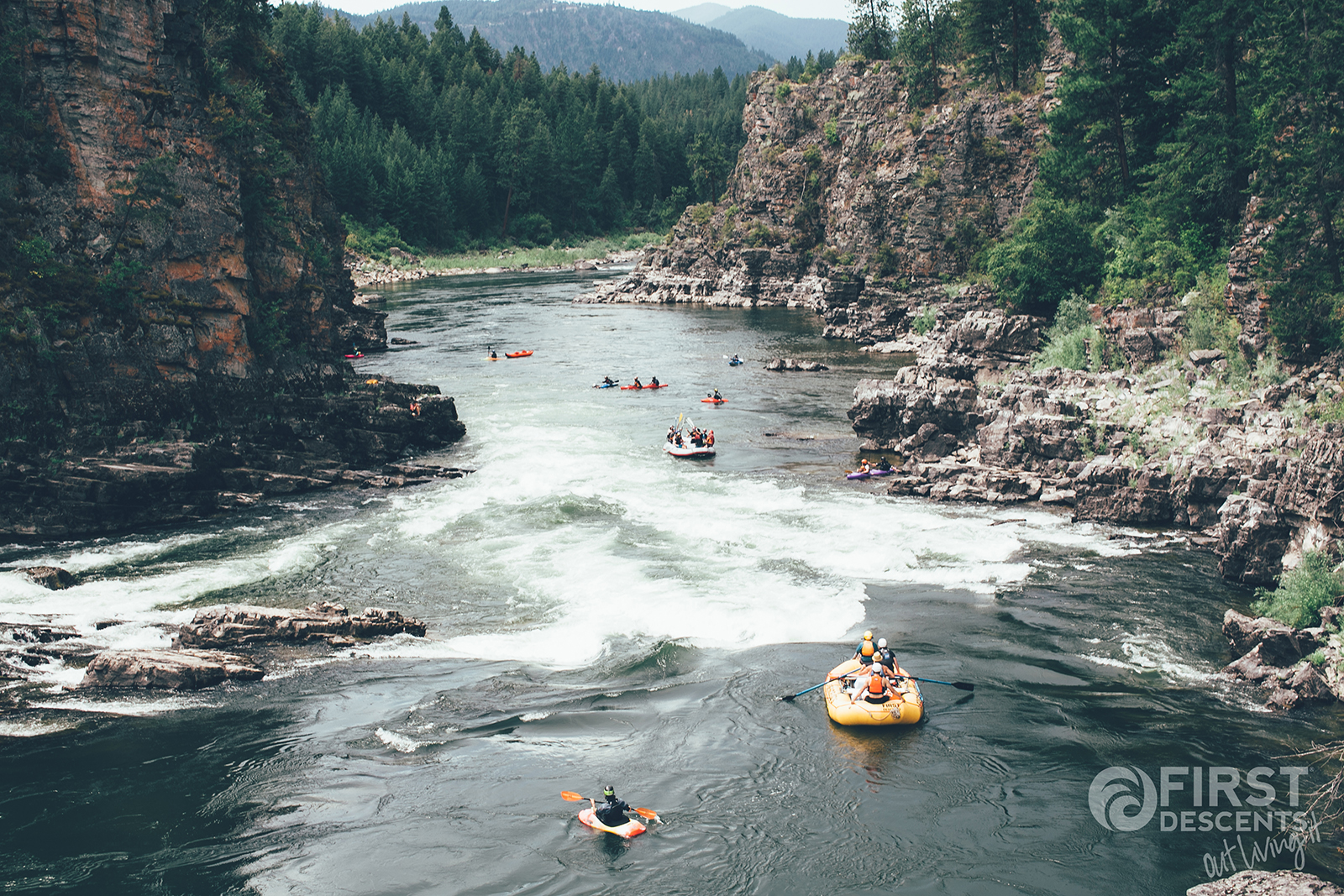The Local newsletter is your free, daily guide to life in Colorado. For locals, by locals.
Since 2001, Denver-based First Descents (FD) has taken more than 5,800 young adults affected by cancer on outdoor adventures around the world—from climbing and surfing to whitewater kayaking. Starting in August, the organization is launching a new pilot program that will extend its “healing power of adventure” to people living with multiple sclerosis (MS).
“First Descents, for the past 17 years, has always been committed to serving young adults impacted by cancer,” says Ray Shedd, director of development and marketing. “Knowing that multiple sclerosis is often diagnosed as a young adult, it’s a disease that disproportionally affects people in their twenties and thirties.”

Shedd says that similar psychosocial symptoms—distress, isolation, anxiety and depression—exist between cancer and MS diagnoses, which affirmed First Descents’ decision to pilot this program. “When am I going to become symptomatic? When is this disease going to be potentially life-limiting? When am I going to be in a wheelchair? All these concerns compound the fear and anxiety associated with having that diagnosis,” he says.
In 2016, First Descents caught the attention of a wider audience when founder Brad Ludden was recognized as a Top 10 CNN Hero of the Year. Since then, Shedd says, requests for new programs have skyrocketed. “A lot of organizations and patient advocacy groups have been reaching out to explore how First Descents could potentially serve their populations,” he says.
Ben Wright and Rob Wellner, the CEO and director of sales (respectively) at Colorado-based Velocity Global, a global employment services provider, initially pitched the idea for an MS initiative to First Descents. Those diagnosed with MS are often “at the prime of their life,” Wellner says, adding that age demographic closely aligns with FD’s focus on serving the young adult community. Wright and Wellner are both volunteering at FD’s inaugural MS program in August, and Velocity Global is underwriting the costs for planning and implementation. The National Multiple Sclerosis Society and Can Do MS are also supporting the program, by providing medical guidance to meet the needs of participants.
Fifteen individuals will be selected to participate in the MS pilot program in Tarkio, Montana—about 40 miles northwest of Missoula—where they will spend a week whitewater kayaking. “It’s [one of] our most tried and true locations,” Shedd says. The series of river rapids allows for progression throughout the week, but more importantly, “whitewater kayaking made sense for multiple sclerosis because of the heat sensitivity associated with the disease. The ability for participants to take a quick dip in the river to cool off was an important adaptive consideration,” Shedd says.
The trip to Tarkio, which comes at no cost to participants, will be the first of many, Shedd hopes. While First Descents will keep growing—they’re planning to provide 1,270 experiences in 2018—the MS program will not detract from the company’s focus on serving young adults affected by cancer. “With the support of Can Do MS and Velocity Global, we are optimistic that we will be able to scale these programs while also maintaining 20 percent year-over-year growth,” Shedd says.
A hallmark of First Descents is that the experience goes far beyond adventure to foster a supportive community for those who are enduring similar health challenges. The MS pilot program will offer this same sense of harmony for a group that Wellner says has often been under-served. For those young adults with MS, “this pilot program will be a game-changer.”








